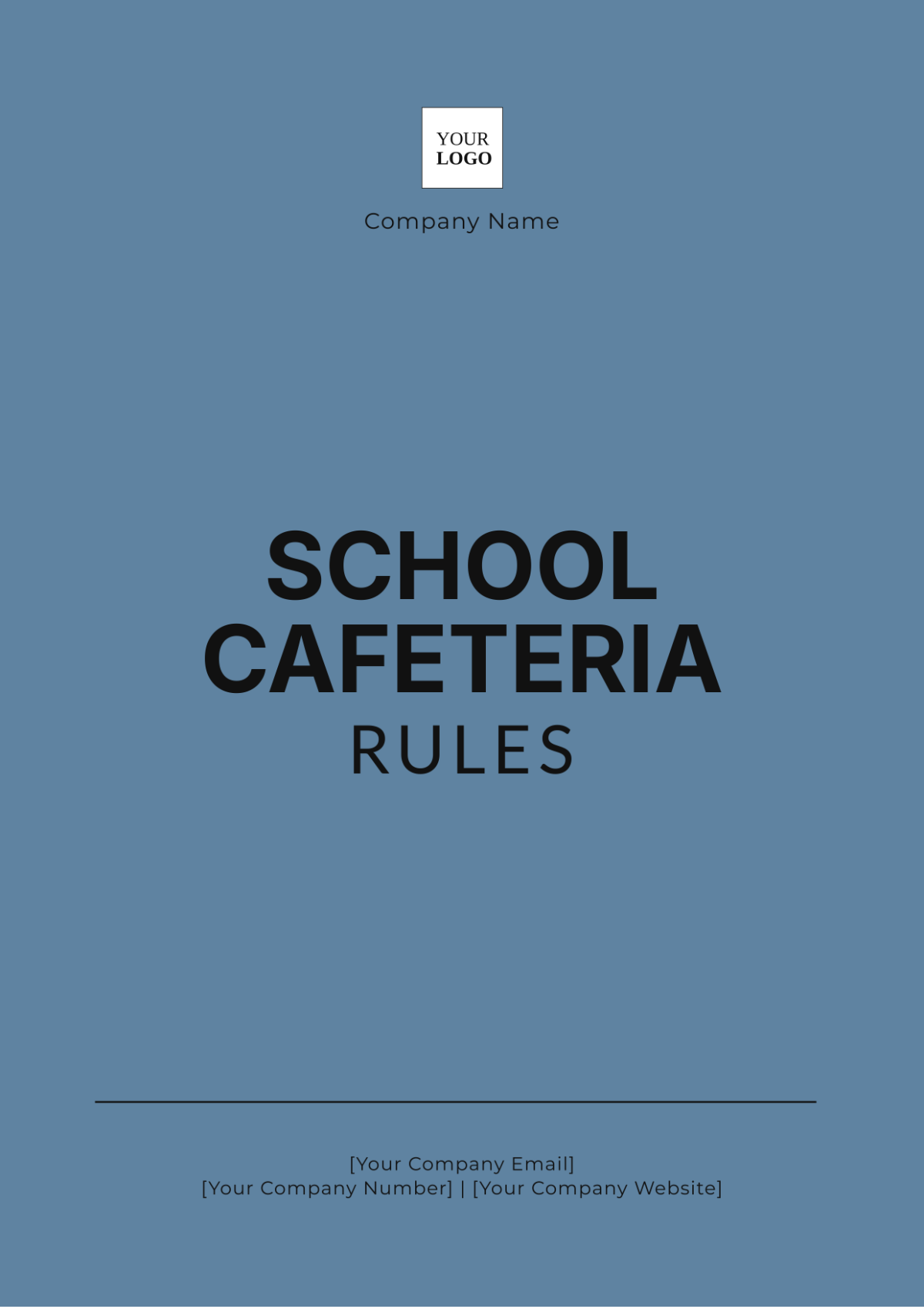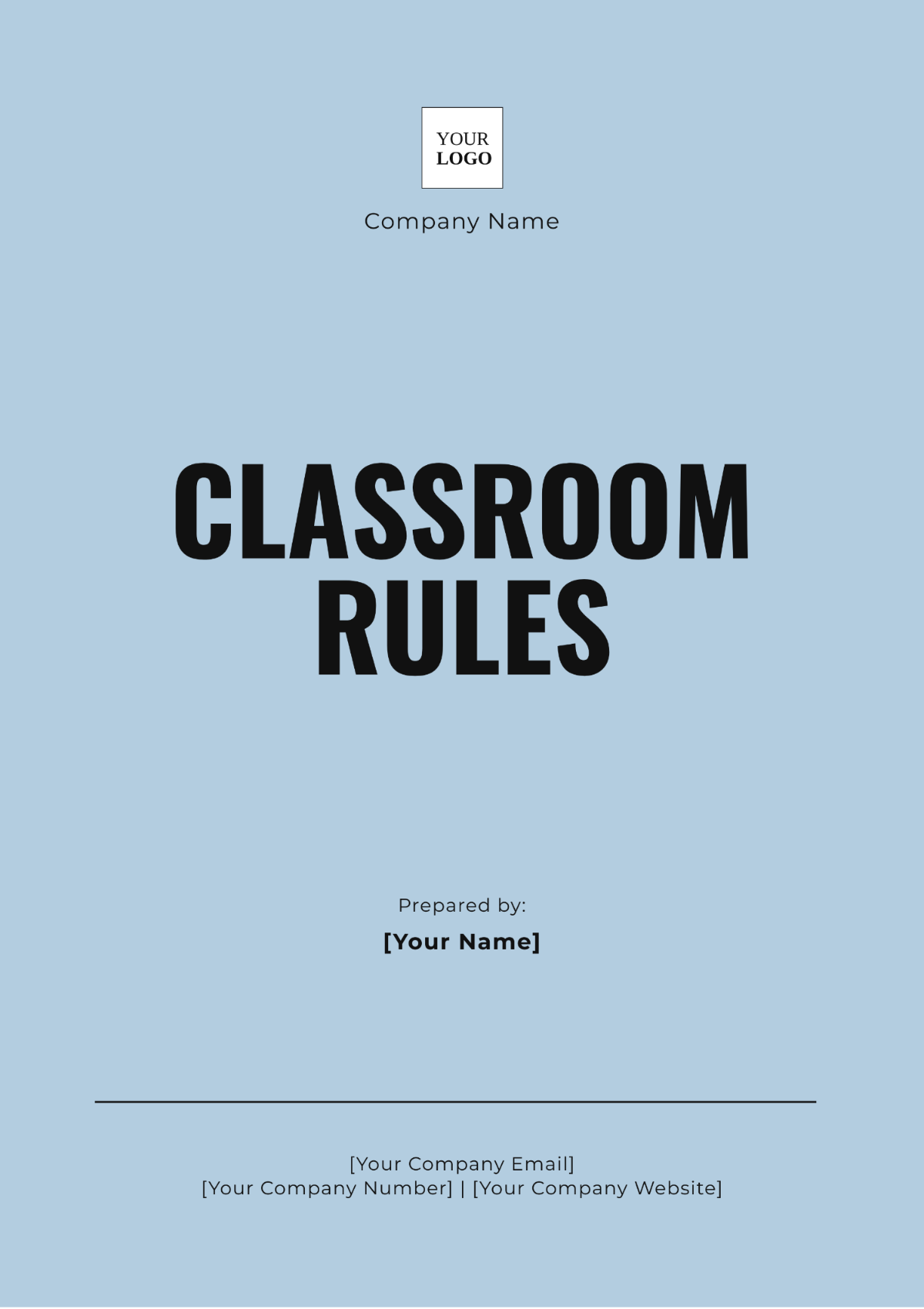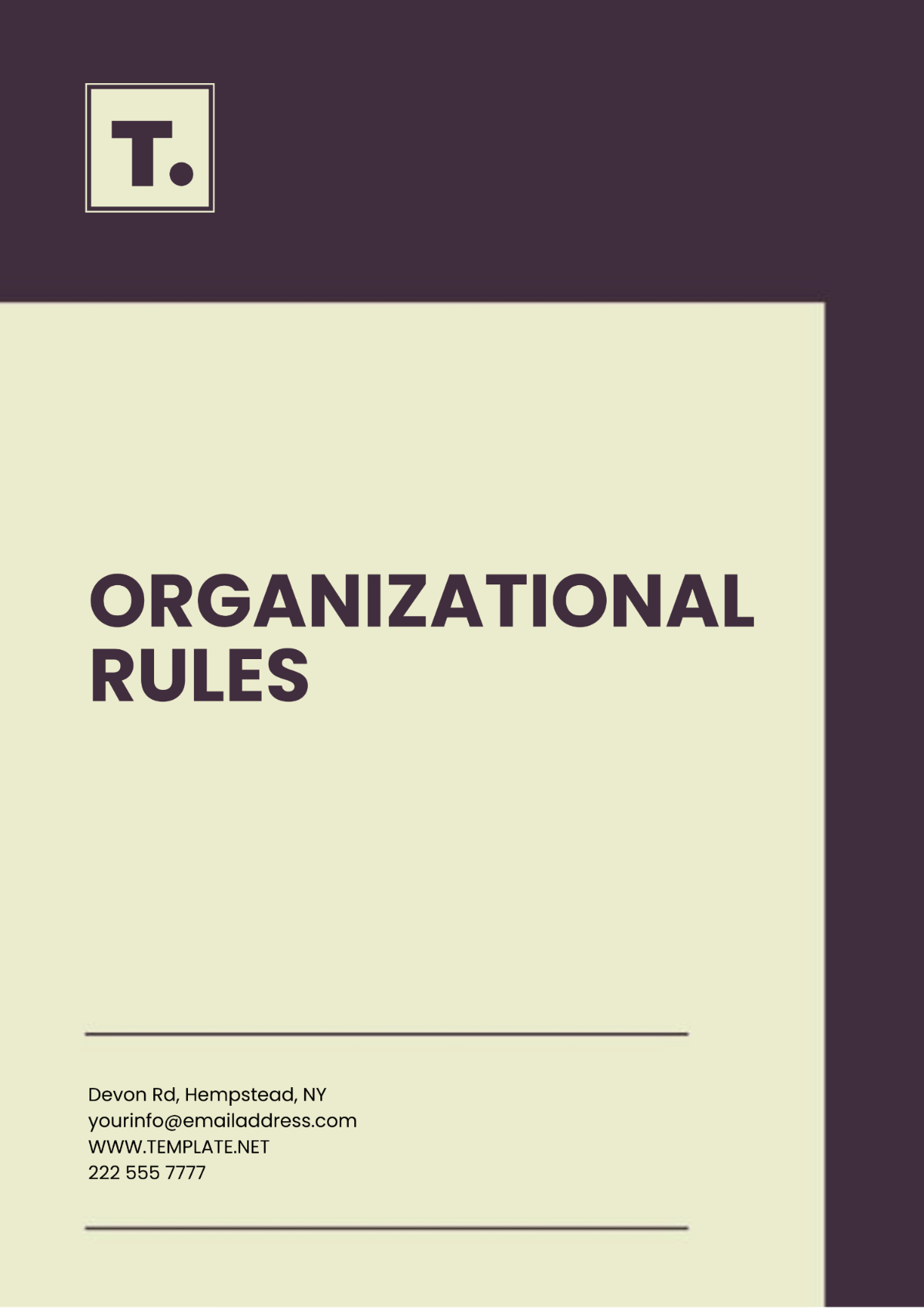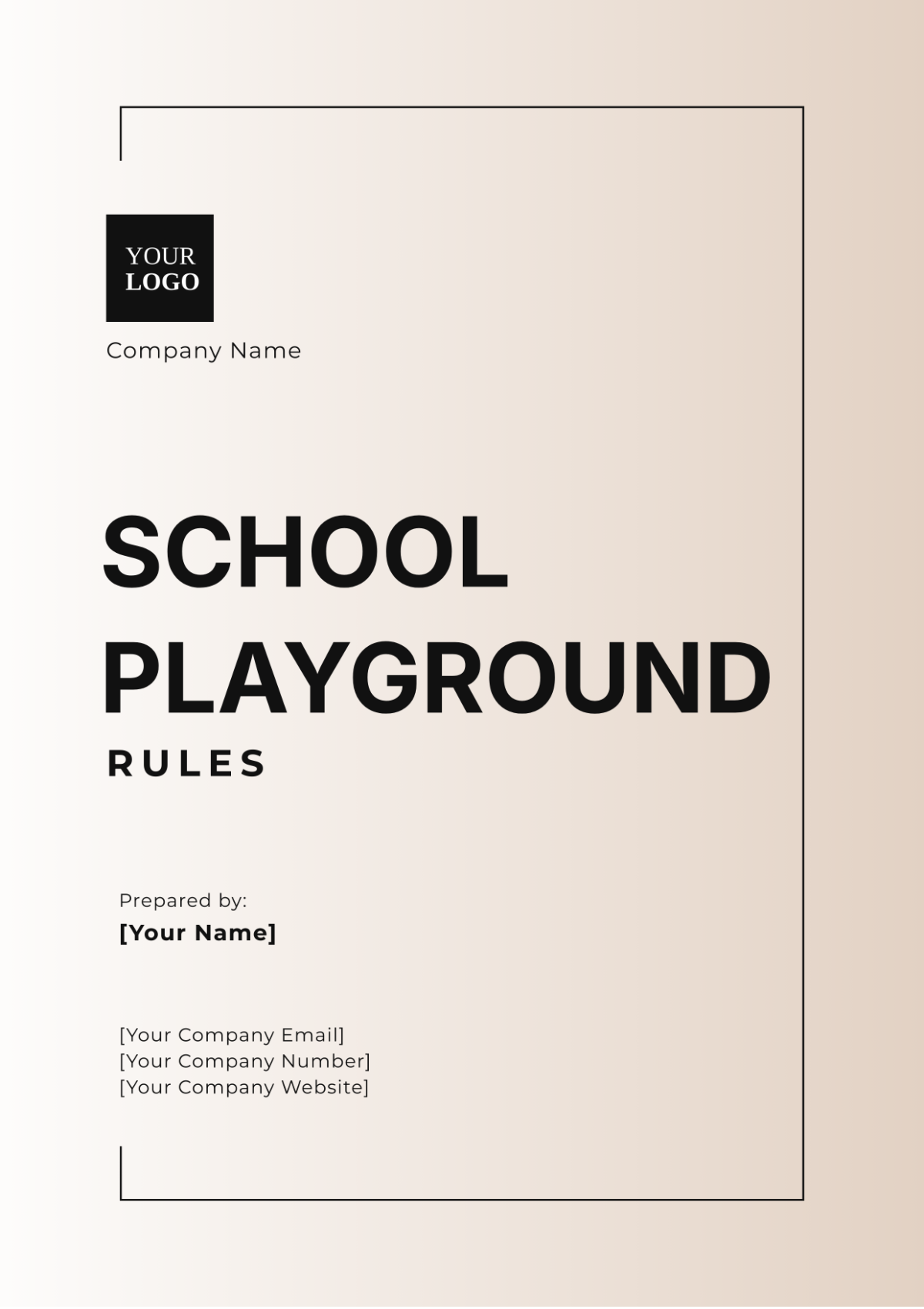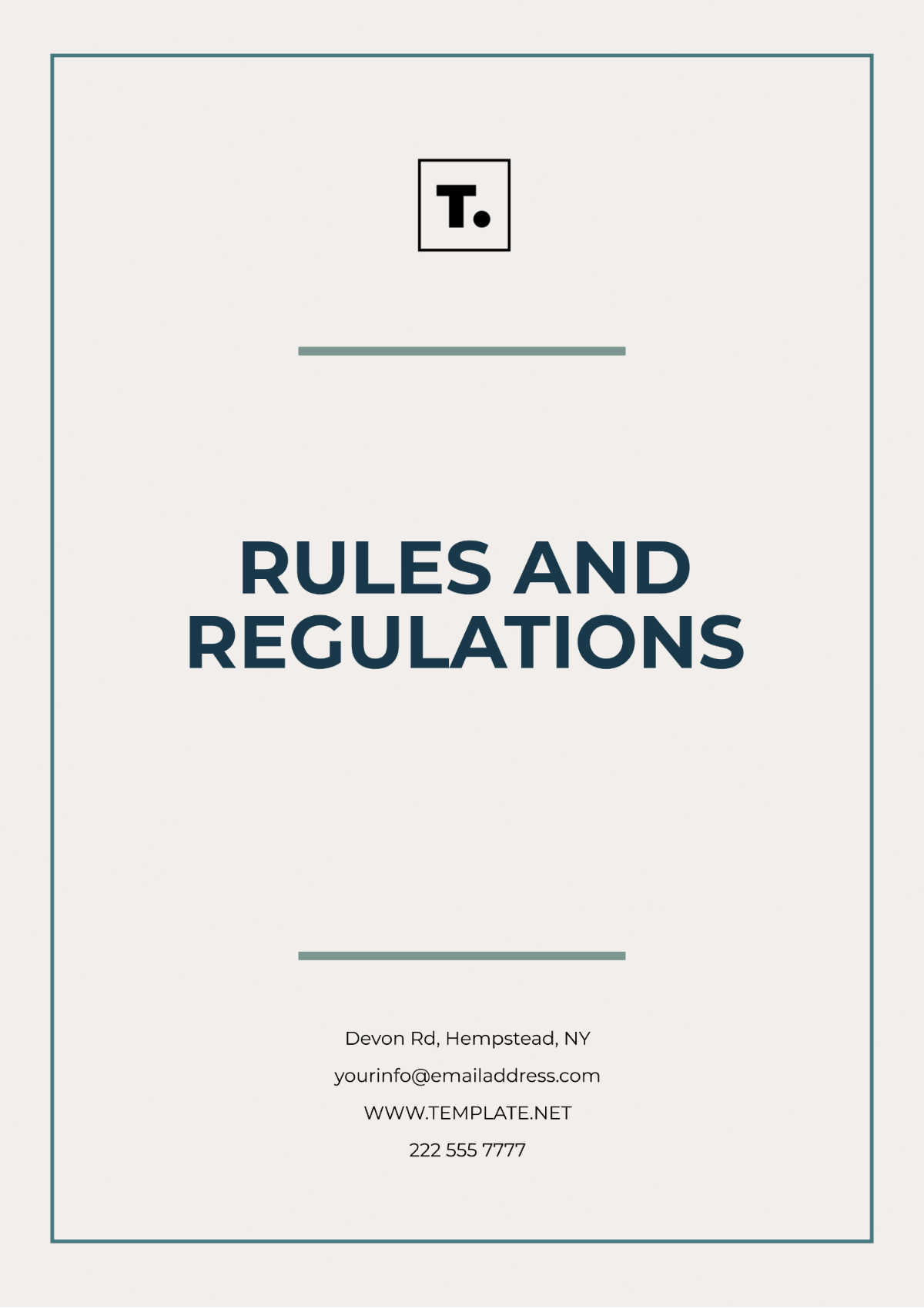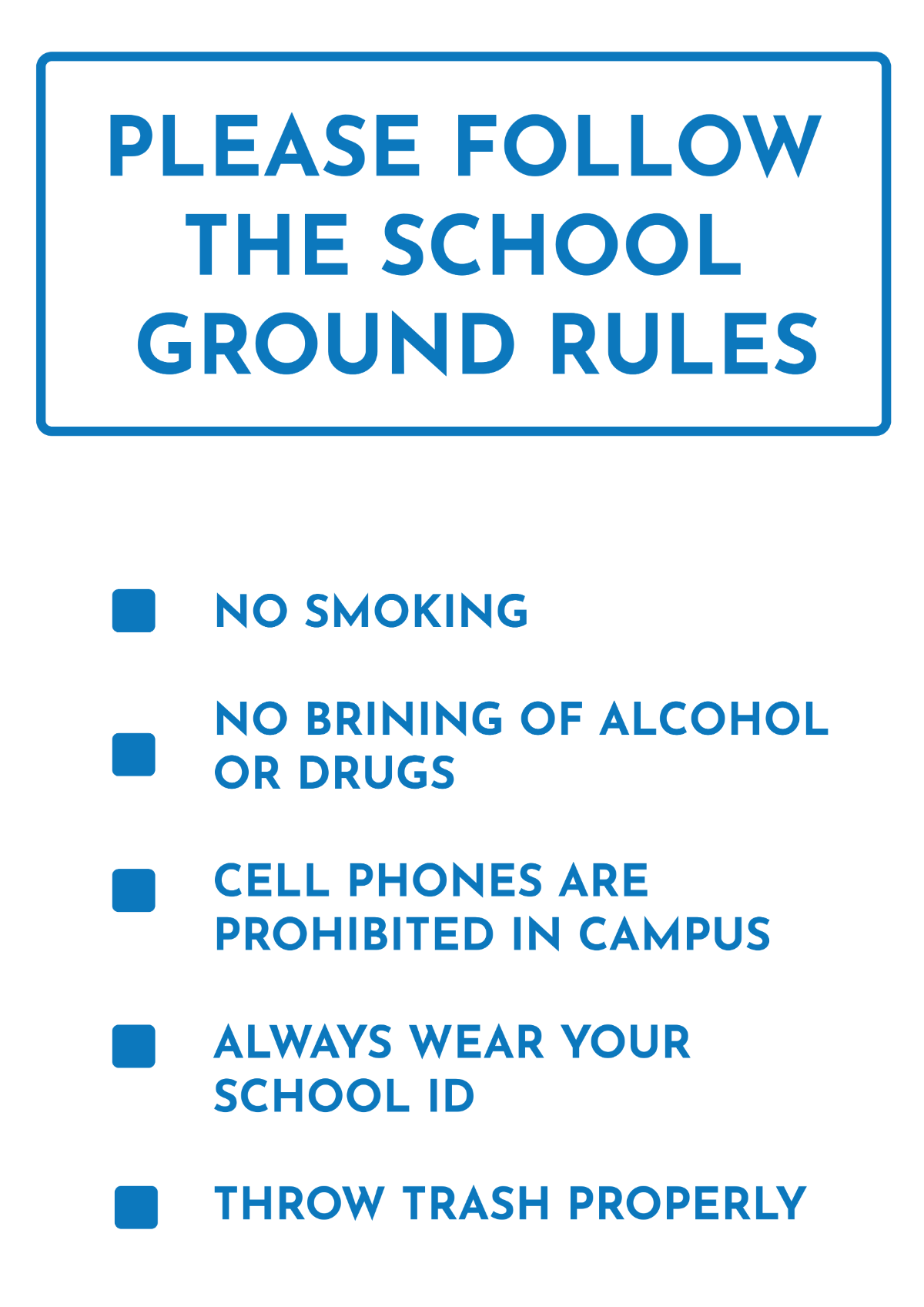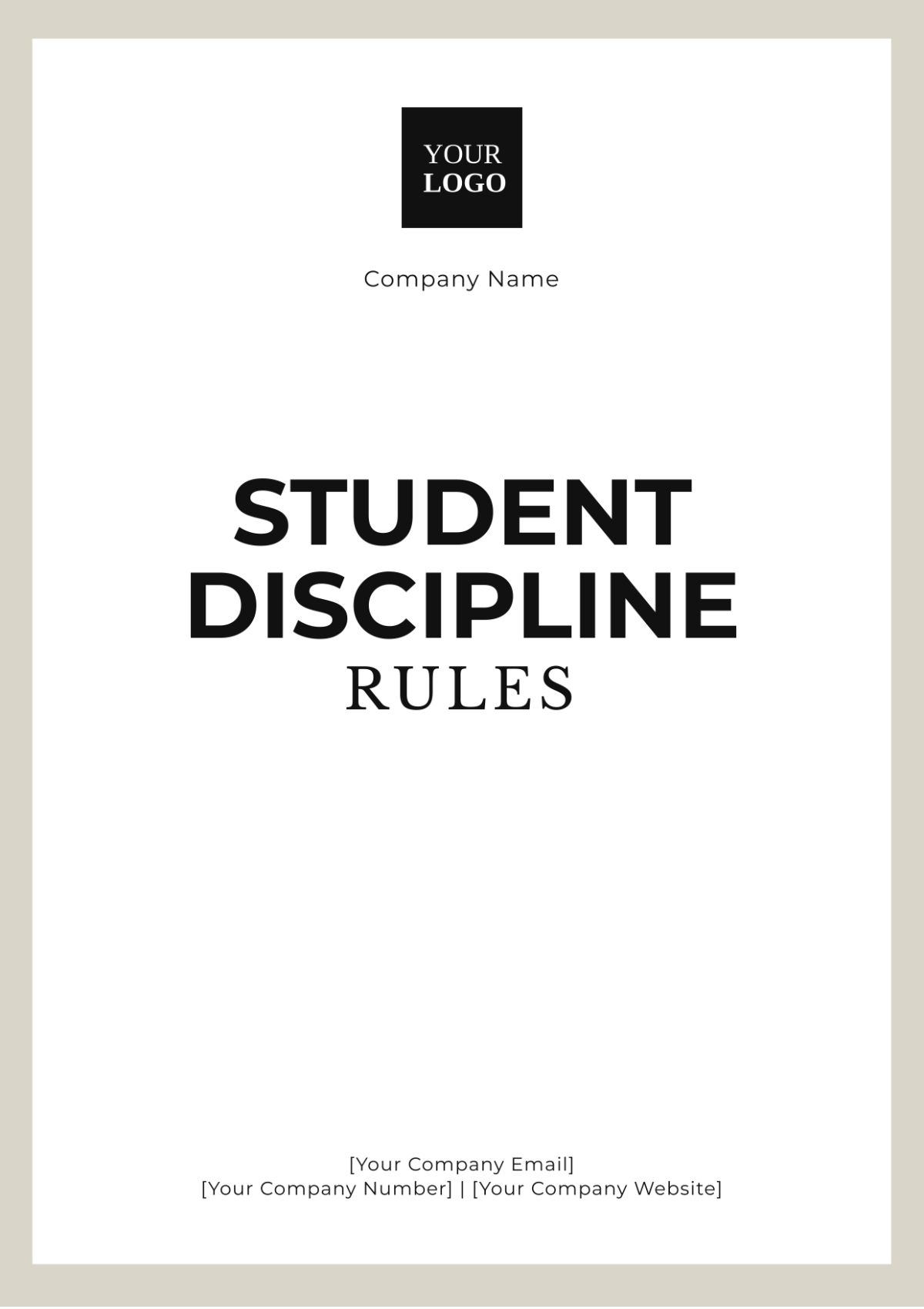Elementary Homework Rules
Prepared by: [Your Name]
Date: [Date]
I. Introduction
Homework is a cornerstone of the educational journey for elementary students. It serves as a bridge between classroom learning and independent study, reinforcing the material covered in lessons, fostering essential study skills, and nurturing students into responsible, self-reliant learners. These Elementary Homework Rules are designed to provide students with clear and structured guidelines to manage their assignments efficiently, ensuring a productive and enriching homework experience.
II. Purpose
The purpose of these rules is to create a consistent framework for homework that allows all students to complete their assignments effectively and to a high standard. By adhering to these guidelines, students will develop robust study habits, enhance their academic performance, and cultivate a disciplined approach to their learning. Consistent application of these rules will also aid in minimizing confusion and fostering a supportive learning environment.
III. Completion Guidelines
To ensure homework is completed efficiently and to the best of their ability, students are expected to:
Complete All Homework Assignments by the Due Date: Timely submission is crucial for maintaining a steady learning pace and avoiding unnecessary stress.
Read Instructions Carefully: Before beginning any assignment, students should thoroughly review the instructions to understand the requirements and expectations.
Seek Clarification from the Teacher: If any part of the assignment is unclear, students should promptly ask their teacher for additional guidance to avoid misunderstandings.
Submit Homework in the Specified Format: Adhering to the format requested by the teacher ensures that assignments are evaluated fairly and according to the set criteria.
IV. Quality Expectations
Students should strive to:
Produce Neat and Legible Work: Clear handwriting and well-organized presentations make it easier for teachers to review and grade assignments.
Check Work for Accuracy and Completeness: Reviewing their work helps students identify and correct errors, ensuring that assignments meet the required standards.
Use Proper Grammar, Punctuation, and Spelling: Attention to language mechanics is essential for effective communication and demonstrates a thorough understanding of the material.
Cite Sources and References Appropriately: When required, providing proper citations acknowledges the use of external sources and upholds academic integrity.
V. Time Management
Effective time management is key to managing homework efficiently. Students should:
Create a Homework Schedule: Developing a structured schedule allows students to allocate sufficient time for each task, avoiding last-minute rushes and reducing stress.
Prioritize Tasks: By identifying and tackling the most important or challenging assignments first, students can ensure that critical tasks receive the attention they need.
Take Breaks: Regular short breaks during homework sessions help maintain focus and prevent burnout, leading to more productive study periods.
Set a Timer: Using a timer to allocate specific time slots for each homework activity helps students stay on track and manage their time effectively.
VI. Parental Involvement
Parents play a crucial role in supporting their child’s homework routine. They are encouraged to:
Create a Conducive Learning Environment: Ensure that the study area is quiet, well-lit, and free from distractions to promote effective learning.
Monitor Homework Completion: Regularly check that homework is being completed and offer support as needed.
Assist with Difficult Tasks: Guide and support children through challenging assignments without completing the work for them, fostering independence and problem-solving skills.
Encourage and Praise Effort: Recognize and celebrate efforts and achievements to boost motivation and confidence.
Communicate with Teachers: Maintain open lines of communication with teachers to address any homework-related concerns or issues promptly.
VII. Consequences
Failure to adhere to homework guidelines may result in:
Reduced Grades or Incomplete Marks: Incomplete or late assignments may impact overall grades and academic performance.
Notification to Parents: Parents will be informed of missed or incomplete assignments to facilitate support and intervention.
Completion During Recess or After School: Students may be required to finish their work during non-class times if assignments are not submitted on time.
VIII. Support Resources
To assist students in their homework, various support resources are available, including:
Teacher Consultation Hours: Opportunities for students to seek additional help and clarification from their teachers outside of regular class hours.
School Library: Access to a wide range of books and study materials that can aid in research and assignment completion.
Homework Clubs or Study Groups: Collaborative environments where students can receive peer support and work together on assignments.
Educational Websites and Online Tools: Digital resources that provide supplemental learning materials and interactive exercises.
Guidance Counselors: Professional support for academic and personal development to help students overcome any challenges they may face.
IX. Conclusion
By adhering to these Elementary Homework Rules, students will develop effective homework habits, improve the quality of their work, and enhance their overall academic performance. Consistency in following these guidelines, combined with supportive parental involvement and access to various resources, will provide students with a strong foundation for academic success and lifelong learning.









